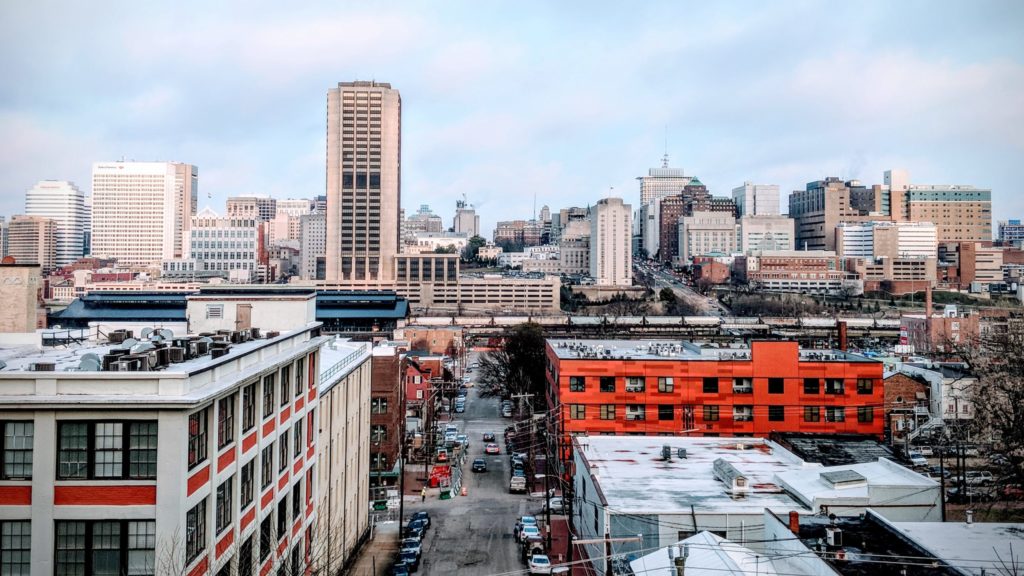The FWD #SE9 • 481 Words
by Dianna Bowser, CEO of Southside Community Development and Housing Corporation
Our Community Development Corporations need to look more like the communities they serve.
As Black History Month gets underway, it’s a good moment for our affordable housing and community development industry to take a hard look at minority-led CDCs—the important role they play, but also their limited numbers.
But first a few facts. Despite a year marked by the pandemic and record unemployment, U.S. homeownership rose in 2020. It reached record highs for white homeowners, but fell for Black Americans. The homeownership rate for white Americans in the fourth quarter of last year was 74.5%—a nine-year high. Homeownership rates for Black Americans dipped to 44.1%, almost the same level as in 1968 when the Fair Housing Act was signed into law.
The situation with minority-led CDCs is not much better. Southside Community Development and Housing Corporation (SCDHC) is one of only a handful of Black CDCs in Virginia. The national picture is equally bleak. A 2016 survey of nonprofit housing and economic development organizations revealed that 84 percent of executive directors were white; only 11 percent African American and 5 percent Hispanic. This is disproportionate, but even more so because of the large number of these organizations that work in communities of color.
SCDHC was founded by the Richmond Christian Center in south Richmond in 1988. The mission was to serve the minority community with better housing and economic opportunity. For the past 33 years, our Board has been led by African Americans and the staff has always looked like the communities that we serve. Our housing work has been centered in Richmond’s Black and Brown communities where nearly all of our homes have been built and sold. Of these homes, 89% have been purchased by African Americans.
Community development work is built on trust. Minority communities are often rightly suspicious when outside groups step in with offers of help. Experience has been a harsh teacher in many neighborhoods where community voices have been ignored and predatory practices have put vulnerable families at even greater risk. That’s why trusted institutions like churches, community businesses, and minority-led CDCs are critical.
At Southside, we are committed to walking with families as they overcome years of barriers and strive to achieve economic independence and homeownership. We’ve recently added a financial opportunity center that has put a special focus on the growing Latinx community in south Richmond. Bi-lingual counselors and workshops have opened a door that many families are now walking through for the first time.
We’re excited about the recent national commitments by LISC, Enterprise Community Partners, national banks and philanthropy to support the growth of minority-led CDCs. It’s about time. If we’re going to close the racial gaps in income, wealth, homeownership, and many other measures, we’ll need trusted, community-based CDCs to be a larger part of the solution.
HousingForward welcomes guest blogs from our partners. If you have a message you’d like to share, send us an email.
